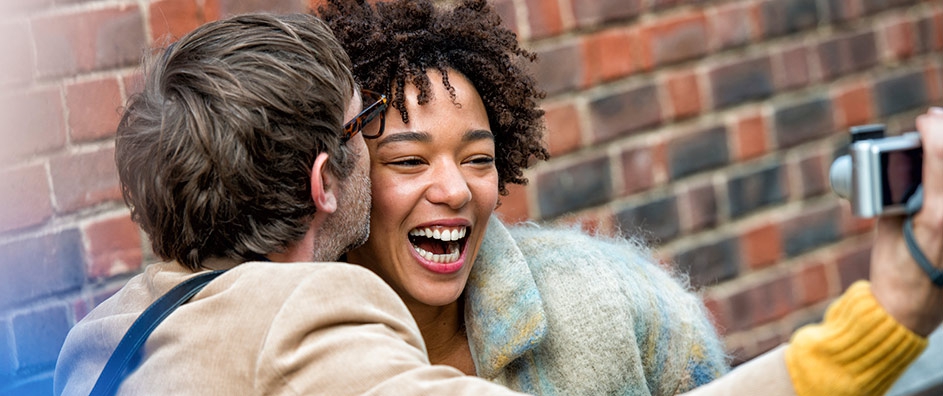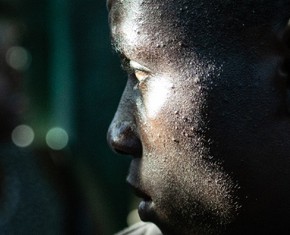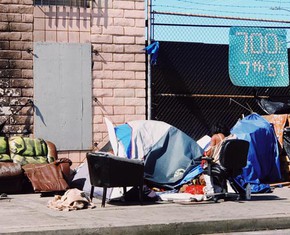The views expressed in our content reflect individual perspectives and do not represent the authoritative views of the Baha'i Faith.
My grandfather Olaf taught me a great deal about life, and he did it without the standard paternal advice, lectures and nostrums—he did it with carpentry.
As we prepared one day to build something, he said “Go downstairs and pick out the most beautiful piece of wood you can find.” As a carpenter, he stored his tools and all kinds and varieties of wood in that basement.
I brought him back a piece of burl walnut, a rich brown board with swirls and whirls of variegated tones, shapes and patterns. It seemed much more beautiful to me than the other choices, especially the clear light pine with its straight, uniform and uninteresting grain.
“Why do you like this one?” he asked, looking at the piece of wood.
“I don’t know,” I told him. “It’s just more, um, fascinating.” (Not very articulate, but hey, I was only eight.)
“Yes, it is. This is burl, which comes from a tree with some trials and tests in life, some stress. The grain of the tree grows in this way because of that stress. It’s beautiful because it has character. Do you know what character is?”
“What a person is like inside?” I guessed.
“That’s right,” he said. “Well, now you know where character comes from.” I had to think about that one for a while.
A person’s character—the virtuous or not-so-virtuous qualities that determine their ethical and moral approach to life—definitely emerges as a reaction to the difficulties they’ve experienced. But it can also come from hereditary and genetic traits, from their parenting and adult role models, from peer influences, from their environment, including the schools they’ve attended and the world around them, and most importantly it can come from their most deeply-held spiritual convictions and actions.
In fact, the Baha’i teachings advise everyone to consider a potential mate’s character before every other consideration:
Baha’i marriage is union and cordial affection between the two parties. They must, however, exercise the utmost care and become acquainted with each other’s character. This eternal bond should be made secure by a firm covenant, and the intention should be to foster harmony, fellowship and unity and to attain everlasting life… – Abdu’l-Baha, Baha’i World Faith, p. 372.
So how do you define good character? And even more important, how do you find it?
We humans have asked those questions for centuries. Plato and Aristotle dealt extensively with the question of character, and ultimately agreed that moral virtue or excellence of character describes the combination of qualities that make someone an ethically admirable person.
Do you want to know more about your potential partner’s character, or find a person with good character traits? Here are a few tips from the Baha’i teachings:
- Look at deeds, not words. You can best evaluate character by examining where and how a person expends energy, time and effort.
- Explore your potential mate’s life goals, and see how closely they match yours—and how they reflect a selfless concern for others. Selflessness, along with concern for the needs of other people, usually indicates a good character and makes relationships more fulfilling, too.
- Carefully observe family interactions. If you see love, caring and a sense of moral virtue modeled in the family, you will probably see it in the offspring. Of course this doesn’t always hold true, because dysfunctional families can often produce very functional children–but a potential partner who has close, loving relationships usually indicates the ability to form and sustain that kind of relationship with you.
- Finally, talk about faith, in depth and at length. Find out what your potential partner really believes. Literally hundreds of scientific studies have concluded that a serious spiritual commitment, including membership in a religious community, has a high level of correlation with marital success.
“Show forth the utmost attention” to this vitally important question of character, the Baha’i writings say, and your union will dramatically increase its potential to flourish.
















Comments
Sign in or create an account
Continue with Googleor